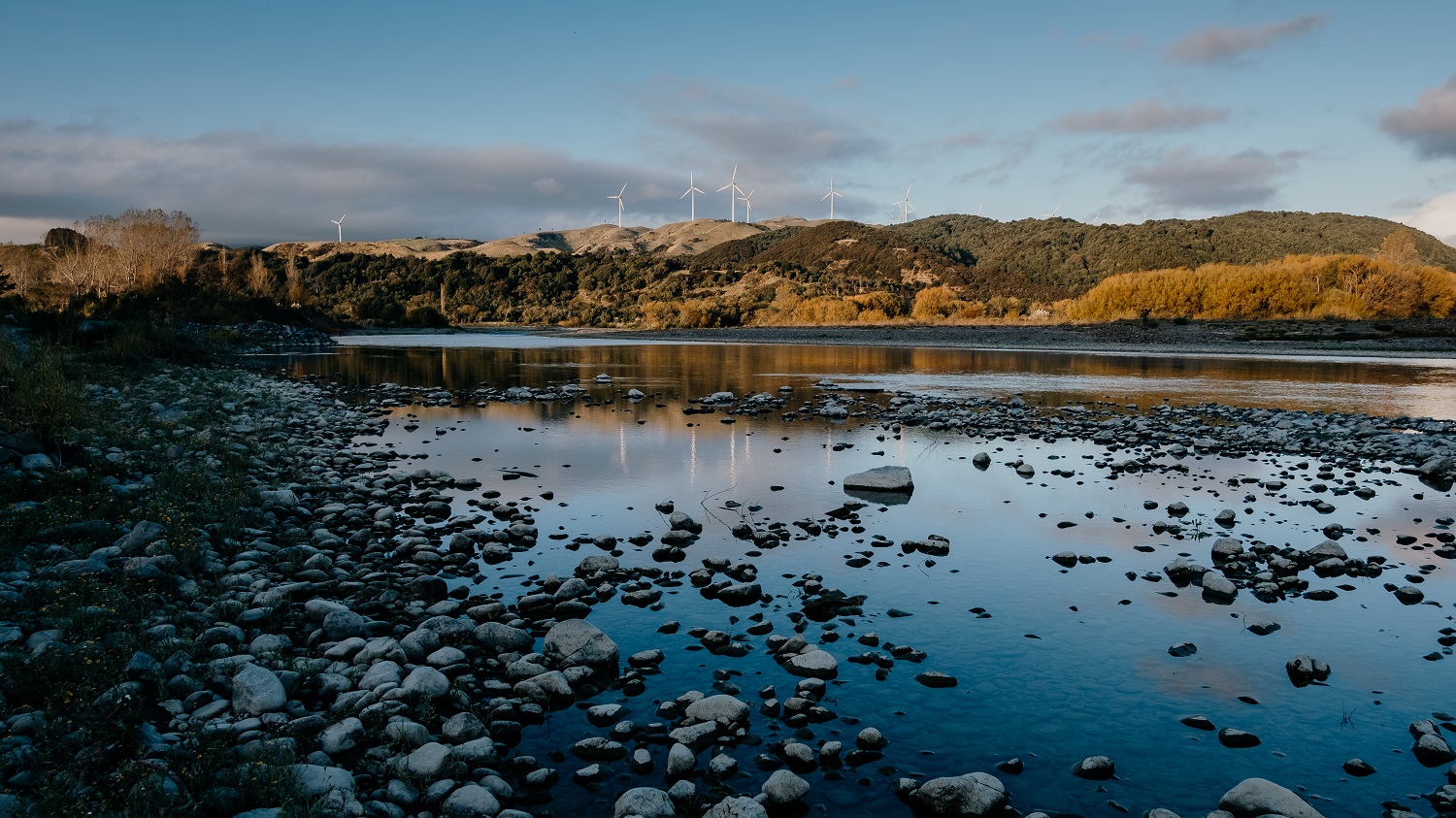
In 2016, extensive research was undertaken by CEDA to take an in-depth look into Palmerston North and Manawatū’s competitive advantages and opportunities for economic growth, identify the barriers and look at ways to overcome them. This research was one of CEDA’s first foundational pieces of work, and helped inform the direction of CEDA’s strategic work for increasing economic growth in Manawatū and informed our bold and ambitious vision for the region - to become the most progressive region in New Zealand by 2025.
Three years on, in late 2019, additional research was commissioned by CEDA to measure where Manawatū is tracking, what's improved, changed or worsened, and what can be built upon. Made even more pressing by the challenging events of the last 6 months, the latest research provides a pulse of the local economy pre-COVID-19, providing a useful baseline for us to work from as we move through the recovery process.
Linda Stewart, CEDA’s CEO says, “It is positive that businesses declared increased confidence in growth prospects for both their own enterprises and the wider Manawatu region particularly heading into, dare I say it, unprecedented times.”
“The research reinforces that our region is inherently optimistic and has a diverse and resilient economy, characteristics which bode well for what lies ahead in terms of the economic recovery.”
“The sectors that respondents identified as having the most potential for economic growth include construction, transport and logistics, education and training, scientific research and innovation, and agriculture reinforcing CEDA’s strategic focus areas on the regions sectors of strength, and the investment opportunities that come with this. Manawatū’s exceptional location and logistics advantages, combined with a strong agrifood sector and deep innovation network, really set our region apart, while the diversity of our economy helps position us well for a strong recovery.”
“It’s important to note that the increase of 8% in the main barrier to growth, ‘Finding skilled or specialist staff’ is absolutely a priority focus area for CEDA. While this is not a challenge that is unique to Manawatū, it does reinforce the importance of the work and strategic focus we have on the talent ecosystem. This includes the development of a Manawatū Talent Attraction and Retention Strategy, and the appointment of Sara Towers to the Talent and Skills Manager role”
While not as strong a barrier, there was an increase of 6% to 32% of businesses who declared that, ‘Finding unskilled or semi-skilled staff’’ was a barrier. The work underway with the Manawatū-Whanganui Regional Skills Leadership Group, combined with the Skills Hub development and recent Government announcement on the apprenticeship initiative all signify the regions commitment to overcoming this barrier particularly with a view to filling the talent pool needed due to the regions $3.5 billion infrastructure pipeline.
From the research it is clear that having a unified voice driving economic growth needs to remain a priority, while the ‘Lack of a unified growth strategy’ was identified by just 18% of respondents as a barrier to economic growth, down 11% from 2016 which is a positive insight. Added to this, 62% of respondents agreed that, ‘We need better ways to connect businesses together’ (up 4%). As a result of this, CEDA is working closely with Acelerate25. In addition, CEDA will be developing a Manawatū Business Retention Strategy that will focus on ways in which business expansions and investments from businesses within the region can be supported in the recovery phase.
For more information:
[email protected]
06 350 1830